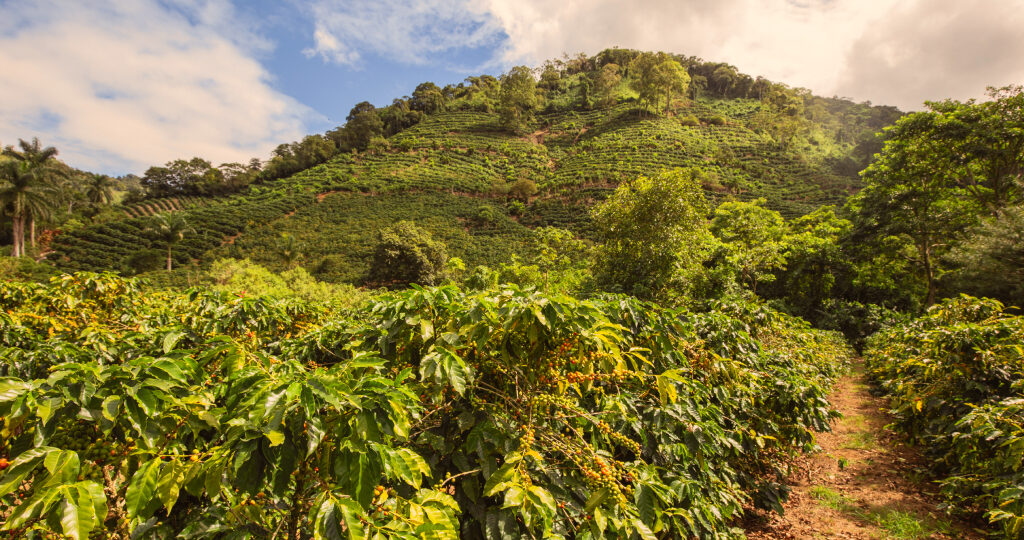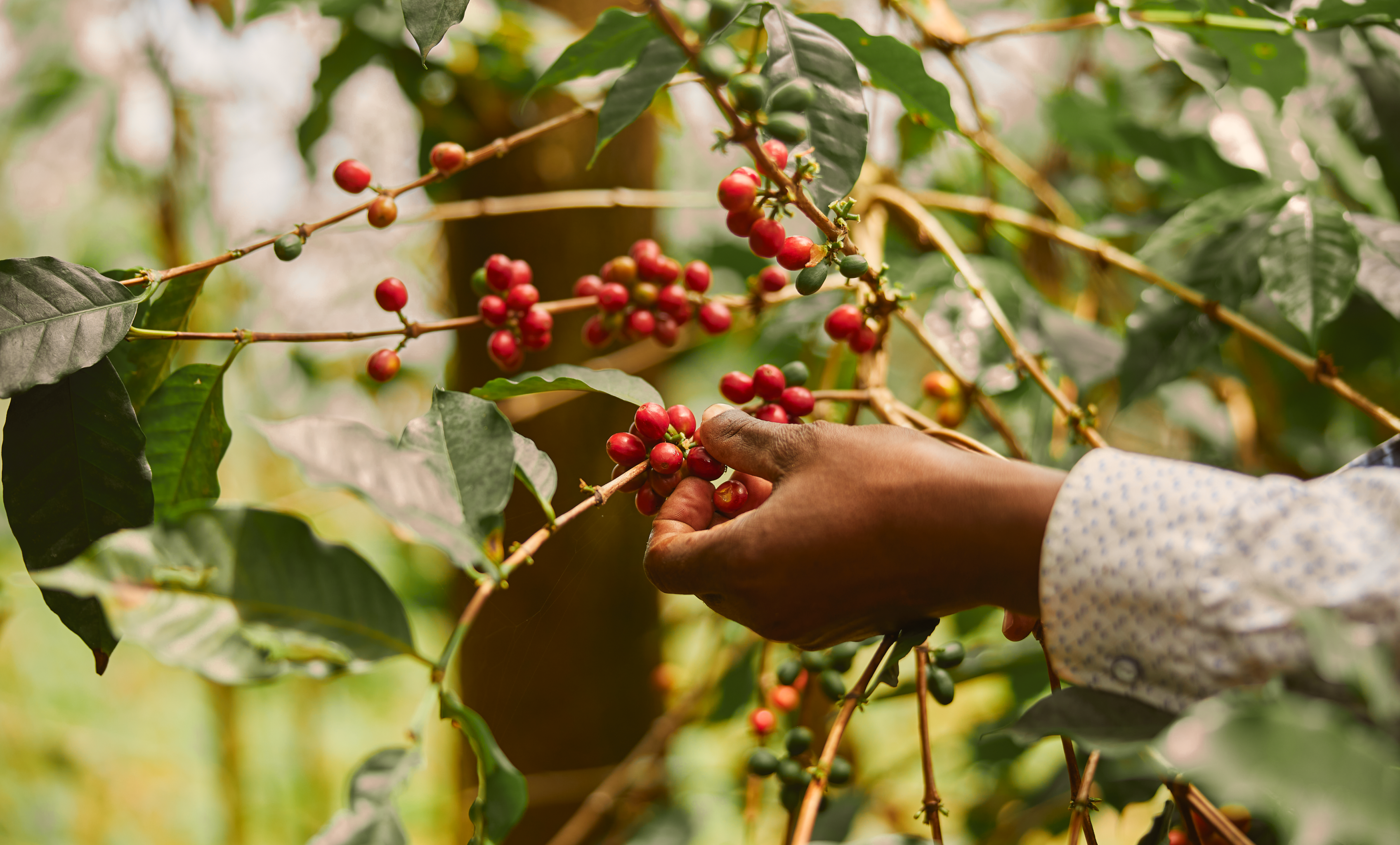For smallholders, inaccurate deforestation monitoring can lead to unnecessary exclusion from supply chains. In fact, we estimate that around 40 million smallholders will be at risk of exclusion from the EU market once the EUDR comes into effect in December 2025.
At Satelligence, we know the importance of good quality commodity layers. These layers are vital for having a better understanding of where forest was at cutoff dates and if any deforested areas in the past have been converted to a specific commodity. One way in which we plan to take positive action is to partner with CIAT to develop a publicly accessible coffee map to help companies monitor their supply chains with confidence and to ensure smallholders are correctly represented rather than excluded.
Challenge
One of the challenges that smallholder coffee farmers and traders are facing with EUDR is the lack of good quality forest baseline data. Current global maps overestimate forest, especially in smallholder agroforestry coffee plots. This can happen for several reasons, such as plots not being mapped as deforestation monitoring is too expensive, and smallholder crops being misidentified as natural forest (smallholder replanting is often mistaken for deforestation).
This overestimation means that those farmers could be wrongfully flagged as deforesters, leading to a loss of access to the European market.
Solution
Because we see the need for such a global coffee map we’ve teamed up with CIAT, a world renowned institute for tropical commodities with many years of experience in using remote sensing to map commodities such as coffee. Through its Sample Earth initiative, CIAT is building an open-access reference dataset that improves the accuracy and inclusivity of global land cover maps. By integrating this high-quality reference data with Satelligence’s extensive geodatabase (spanning millions of plots) our combined expertise ensures a map that truly reflects local environments and forest dynamics.
And to maximise the impact, we plan to make the map publicly accessible, including a publication on the methodology.

Impact
Ensuring smallholders are accurately represented in deforestation monitoring is key to maintaining their access to international markets. By developing an open-access, high-quality global coffee map, we provide producers with reliable data to demonstrate compliance, reducing the risk of unfair exclusion. Our work with CIAT will support smallholder livelihoods, promote sustainable coffee production, and help businesses meet regulatory requirements with confidence. Through this collaboration, we will ensure that those who grow the world’s coffee are part of a more transparent and fair supply chain.
About Satelligence
Satelligence is a geospatial sustainability company. Their curated and E&Y verified insights on deforestation, supply chains, land degradation, and downstream scope 3 emissions make product journeys and investment portfolios sustainable, from tree to shelf. They’re trusted by Cargill, Unilever, Mondelez, Bunge, AAK, Rabobank, IKEA, Tony’s Chocolonely, and more.
About CIAT
The International Center for Tropical Agriculture (CIAT)is dedicated to unlocking research-based solutions to drive positive change in the tropics. With research-based, holistic solutions that harness agricultural biodiversity and sustainably transform the entire food systems cycle, CIAT’s work is tangibly improving people’s lives in a climate crisis.
